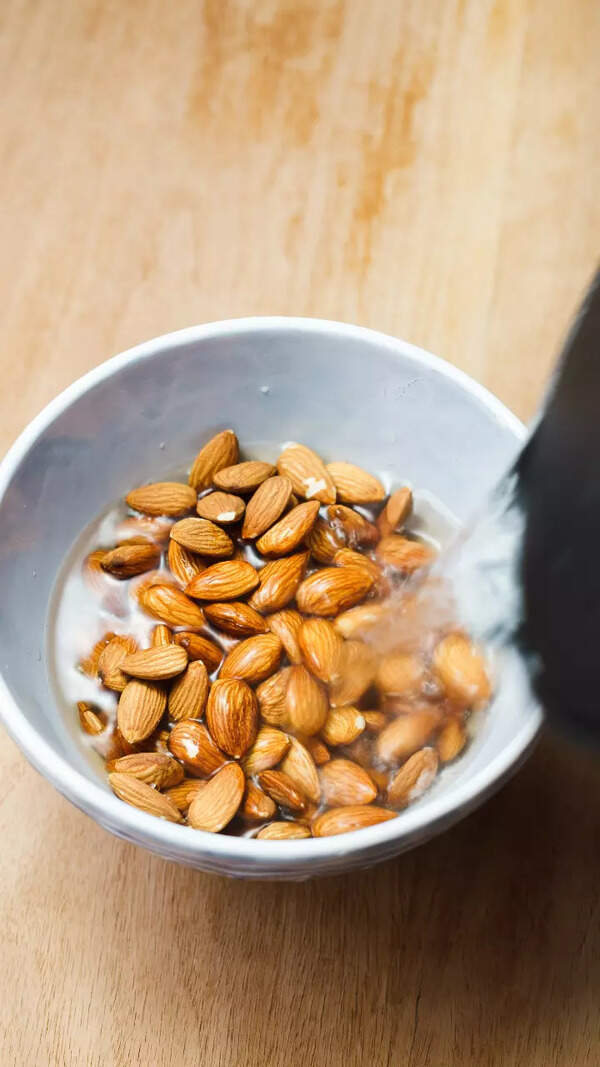Olive Oil vs Ghee: Which is better for heart health

Olive Oil vs Ghee
While consuming deep-fried food, what we often ignore is that it is not just going to affect the digestive health but the heart too. And the heart,, being the core of human existence,, needs that extra attention. Hence, it is crucial to invest in the right cooking oil for a healthy heart. And as the market is flooded with many options, choosing the right oil is not an easy task. So, here we have narrowed down to two choices—oliveoil and ghee. But again, the question remains the same. Which is better for heart health? Let us find out.

Nutritional values of olive oil and ghee
Olive oil: 1 tablespoon of olive oil, which is around 14 g, offers 119 calories, 14 g fat, 2 g saturated fat, 10 g monounsaturated fat, 1.5 g polyunsaturated fat, 0 mg cholesterol, and almost 13 % of the daily value of vitamin E.
Ghee: 1 tablespoon of ghee, which is around 14 g, offers 120 calories, 14 g fat, 9 g saturated fat,4 g monounsaturated fat, 0.5 g polyunsaturated fat, 30 mg cholesterol, and almost 13% of the daily value of vitamin A.

What experts say?
In an Instagram reel nutritionist Pooja Malhotra, who runs the page nutritionistpoojamalhotra says that both desi ghee and olive oil are similar in terms of calorific value and fat content. However, the fatty acid composition of the two is quite different. She says that desi ghee is a good choice for high-temperature Indian cooking. In addition, she says that ghee also contains fat-soluble vitamins such as Vitamin A, D, and K. However, it also has high saturated fat and cholesterol content due to which desi ghee must be consumed in moderation. On the other hand, olive oil is considered relatively healthier than other oils due to its monounsaturated fatty acids (MUFA) and Omega 3 content. In addition, olive oil is also antioxidant and has anti-inflammatory properties. Oil olive is also touted as heart-friendly oil as it is plant-based and has zero cholesterol. The nutritionist suggests that olive oil should be ideally used for low-temperature cooking and as dressing in salads. In her concluding part of the reel, she also emphasised that all fats and oils are dense in calories and should not be consumed in excess.

What study says?
As per a study by the Harvard Health Publishing, titled Harvard study: High olive oil consumption associated with longevity, people who consumed the most olive oil — a little more than half a tablespoon per day — had a 19% lower risk of death from any cause over a 28-year period, compared with those who rarely or never consumed olive oil. Higher olive oil consumption was also associated with lower risks of death from cardiovascular disease, cancer, neurodegenerative disease, or lung disease. Among people who replaced butter, margarine, or mayonnaise with olive oil, the death rate was as much as 34% lower than that of people who didn't substitute olive oil for those fats.

Ghee for heart
It is rich in fat-soluble vitamins (A, D, E, K), which support overall health. It also contains CLA (conjugated linoleic acid) that may have heart-protective effects in moderation. Apart from this, ghee contains healthy fats that nourish brain cells. It also helps in brain development and mental clarity, stimulates gastric juices, improving nutrient absorption.Ghee is rich in Butyric Acid, which helps support gut health and reduces inflammation.

Olive oil for heart
It is said to be rich in monounsaturated fats, which are proven to reduce bad cholesterol (LDL) and increase good cholesterol (HDL). They also contain polyphenols, antioxidants that can help reduce inflammation and improve heart health. It is said that extra virgin olive oil is best for the heart, but it shouldn't be heated to very high temperatures, as it can lose its benefits.

Which is better?
In a nutshell, if you have high cholesterol or a history of heart disease, olive oil is the safer choice. But, if you are someone who loves ghee and its sweetness in your meals, be careful and use it in moderation. As per experts, a balanced approach to healthy living can include both in moderation. For instance, one can use olive oil for salads and dressings and low-heat cooking and sautéing, and for high-heat cooking, ghee is a better option.
(All Images Courtesy: istock)








